what does it mean when your nose itches
 What Does It Mean When Your Nose Itches?
What Does It Mean When Your Nose Itches?Your nose stings. Is it the coronavirus? With the propagation of the coronavirus there is another discomfort: anxiety for each symptom. Does your nose feel spicy because you're trying not to touch your face, because you took the flu, or is it, perhaps, the coronavirus? As spring approaches, allergies can trigger symptoms that can make it difficult to determine what your body is trying to fight. Dr. Amesh Adalja, specialist in infectious diseases of the Johns Hopkins Center for Health Security, helps explain the subtle differences between signs of allergies or flu or coronavirus infection. What are your symptoms? What are your symptoms? First, consider the time of the year. Allergies and flu tend to be seasonal. If you have a spongy nose in the spring and this happens every year, allergies are the closest culprit. If it is winter and the flu is stirring in your community, then that is the probable explanation. Flu is much more widespread than coronavirus. But the symptoms of flu in the warming climate — in a place with documented coronavirus transmission? Maybe it's not the flu. The flu dies in summer, but scientists have not yet seen evidence that the coronavirus will disappear as temperatures increase. Coronavirus infections have spread in equatorial climates such as Singapore and the southern hemisphere, now in mid-summer. Consider also where the symptoms began to appear. "It's usually your nose and eyes where you develop symptoms of seasonal allergies," Adalja said. The seasonal flu, on the other hand, is more likely to affect your entire body, as is the case with many other respiratory viruses, including coronavirus. So if you experience fevers, headaches or muscle aches, consider flu or coronavirus. "There's a sense of general discomfort that is associated with viral infections," Adalja said. Except for seasonality, it can be difficult to distinguish the two. "Unfortunately, there is no reliable way to distinguish between the first symptoms of flu and coronavirus," Adalja said. "The only way to distinguish the two clinically is with a diagnostic test." According to reports of nearly 56,000 cases confirmed by a laboratory in China, people infected with coronavirus develop symptoms such as dry cough, shortness of breath and sore throat, as well as fever and pain. About 5% of patients may also experience nausea or vomiting, while about 4% develop diarrhea. Researchers are not sure why some people develop gastrointestinal symptoms with coronavirus infections. "But that's not something you usually see with the flu in adults," Adalja said. Severe coronavirus infections can result in lung and pneumonia injuries. But the vast majority of those infected only get mild cases that often resemble the flu. Your personal story can give the doctors clues about what's going on. If you traveled to an area with large coronavirus case groups, or were in contact with someone who later tested positive for the virus, you might have also caught it. Doctors and health workers have to work with these possibilities because the tests are still available only in limited quantities in the United States, Adalja said. How bad is it? How bad is it? Pay a lot of attention if your symptoms get worse over time. The discomfort due to allergy remains consistent until you treat it or the allergen disappears. Symptoms of flu tend to be resolved in a week. The new coronavirus, on the other hand, seems to cause more severe symptoms than the average seasonal flu and seems to have a higher mortality rate, although the numbers are a little uncertain. If you are older or have other health conditions, such as heart disease, type 2 diabetes or immunodeficiency, you are more vulnerable to viral infections and are more likely to develop serious illnesses if you are infected with coronavirus. China ' s early estimates show that the average mortality rate among coronavirus patients is about 2 per cent, but that figure increases to 8 per cent in people over 70 years of age and around 15 per cent in people over 80 years of age or older. But no one is sure how many cases are very mild or asymptomatic. What to Expect The general advice for people who get sick with flu or coronavirus is very similar: Rest and drink abundant liquids. Mild cases of flu solve for themselves with a few days. Although coronavirus infections tend to last a little longer, most people with mild cases improve in about two weeks, Adalja said. Serious cases may take three to six weeks to be resolved. Doctors can only provide supportive care, providing IV fluids, medications to keep the fever low or oxygen to help breathe. There are no approved treatments for coronavirus infections, although some clinical trials are underway that test antiviral drugs such as remdesivir. It is up to you to take precautions to prevent coronavirus infection and take inventory of your medical and travel history. But you don't need to go to the doctor for every raffle or spider throat. "You should go to the doctor for something that would trigger concern, even before you had heard of coronavirus," Adalja said. "So if you are someone older or someone who has another medical condition, if you develop shortness of breath, if you develop extreme fatigue, those are real indicators to call your doctor and go to the hospital." c.2020 The New York Times CompanyRecommended in Chicago TribuneLatest Coronavirus More information about Chicago TribuneCONNECTTRIBUNE PUBLISHINGCOMPANY Copyright © 2021, Chicago Tribune

What does it mean when your nose itches? - Scorpio Moon Intuition
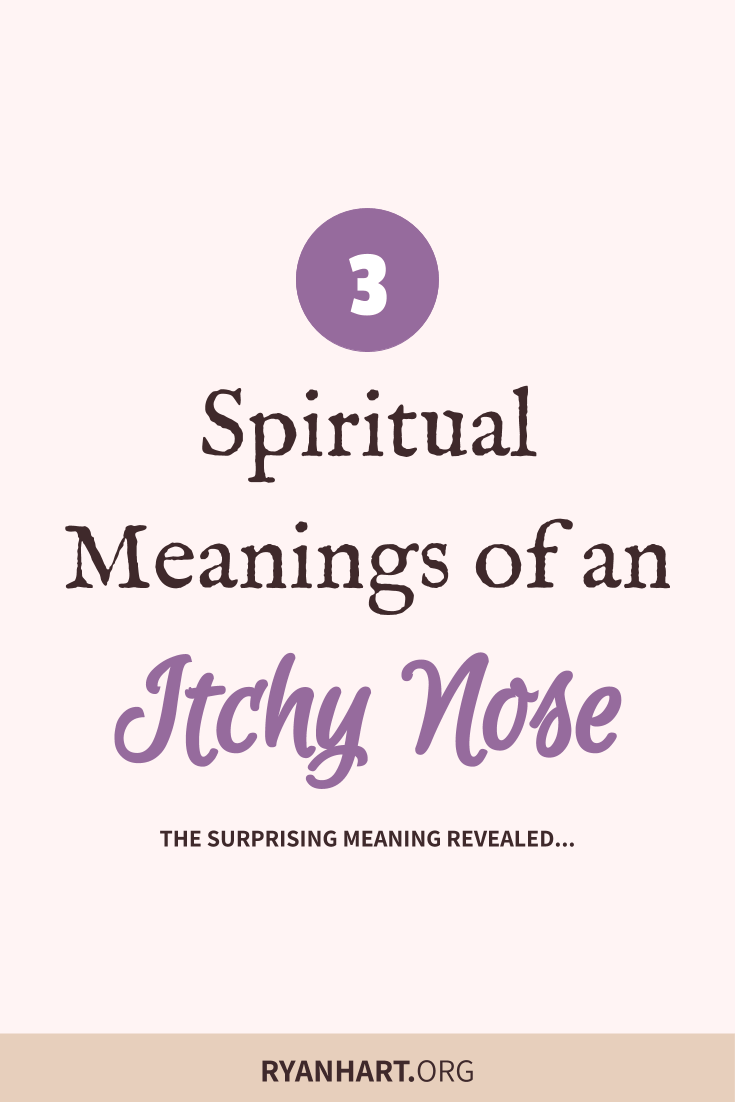
What Does it Mean When Your Nose Itches? | Ryan Hart

What does it mean when your nose itches? - Superstitions - Auntyflo.com

What Does It Mean When Your Nose Itches?
![What does it Mean When your Nose Itches? [Superstition] What does it Mean When your Nose Itches? [Superstition]](https://magickalspot.com/wp-content/uploads/2020/11/What-does-it-Mean-When-your-Nose-Itches-featured.jpg)
What does it Mean When your Nose Itches? [Superstition]
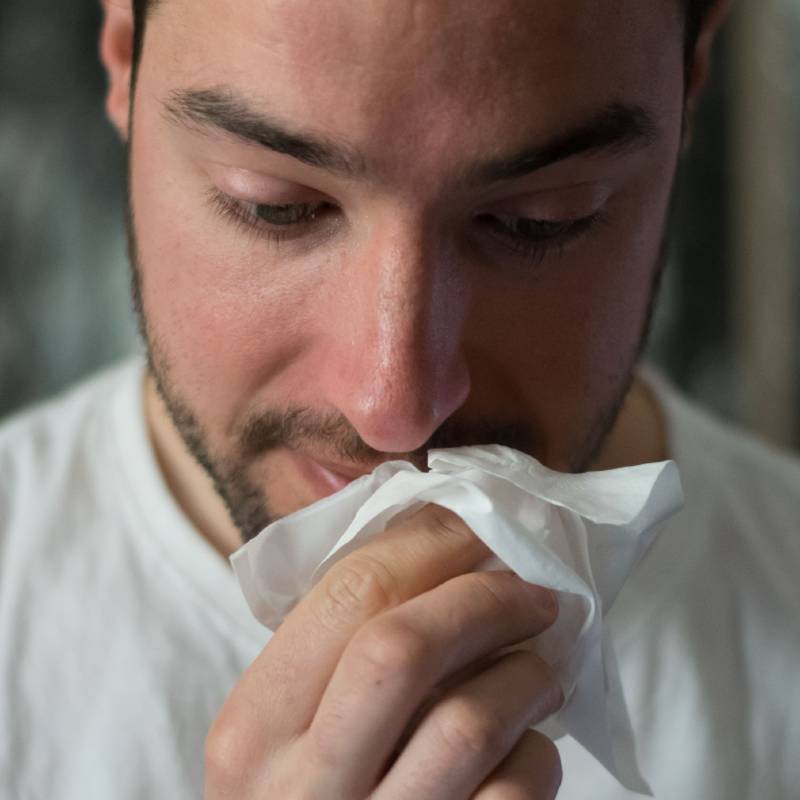
What Does it Mean When Your Nose Itches? | Ryan Hart

Itchy Nose – Meaning and Superstition
![What does it Mean When your Nose Itches? [Superstition] What does it Mean When your Nose Itches? [Superstition]](https://magickalspot.com/wp-content/uploads/2020/11/What-does-it-Mean-When-your-Nose-Itches-by-MagickalSpot.jpg)
What does it Mean When your Nose Itches? [Superstition]

Itchy Nose Spiritual Meaning or What does it mean when your nose itches? #SpiritualMeaning - YouTube

What does an itchy nose mean. What is the Nose Itching Superstition? • jacksonunityfestival.orgIrritation of nose: Causes, Symptoms and Diagnosis

What Does it Mean When Your Nose Itches? | Ryan Hart

Got an itchy nose? You could be about to hear bad news

What does it mean when your nose itches? - Superstitions - Auntyflo.com
/itchy-nose-200360046-006-resized-56a179d03df78cf7726b0597.jpg)
Itchy Eyes, Nose, Throat and Skin Causes

Pimple in nose: Causes, treatment, and prevention
![What does it Mean When your Nose Itches? [Superstition] | Itchy nose, Break up spells, Superstition What does it Mean When your Nose Itches? [Superstition] | Itchy nose, Break up spells, Superstition](https://i.pinimg.com/originals/ee/30/1e/ee301ecc6b65e49b5a08b839946438de.png)
What does it Mean When your Nose Itches? [Superstition] | Itchy nose, Break up spells, Superstition

Got an itchy nose? You could be about to hear bad news
/itching-as-a-symptom-of-multiple-sclerosis-2440786-312145dee4c6483ead62da0547d8bea1.png)
Itchiness as a Symptom of Multiple Sclerosis

What Does it Mean When Your Nose Itches? | Ryan Hart

Tickle in nose: 8 ways to get rid of it

All About the Superstition of Nose Itching

Tickle in Nose: How to Get Rid of It and Causes
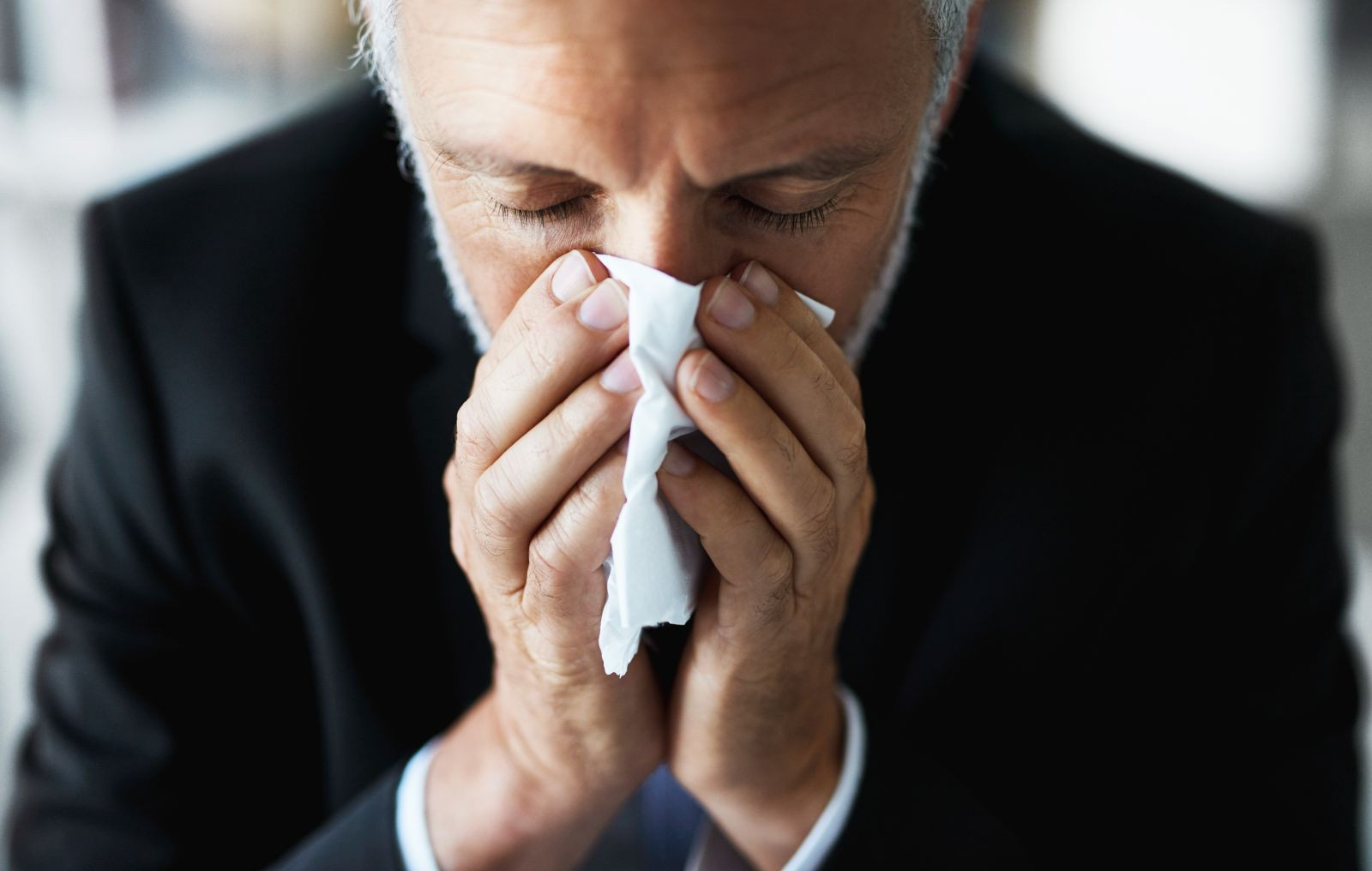
Allergic rhinitis: Your nose knows - Harvard Health

Redness Around Nose: 10 Causes, Treatments, and More

Chronic Rhinitis & Post Nasal Drip Treatment, Symptoms & Cure

Itchy Nose – Meaning and Superstition
What does it mean when your nose itches uncontrollably???:/
/what-causes-an-itchy-face-770357_final-a8dc7f7801f74d41a8da5aa947cf7526.png)
Itchy Face Causes and Treatment
What does it mean when your nose itches? – All beliefs – Noovii.TV

Itchy nose meaning – Superstition or Omen
Someone told me, that if the end of your nose itches, it means someone is thinking

What does it mean when your nose Itches? | Mostfox
What Is One "itchy Nose" Superstition ?
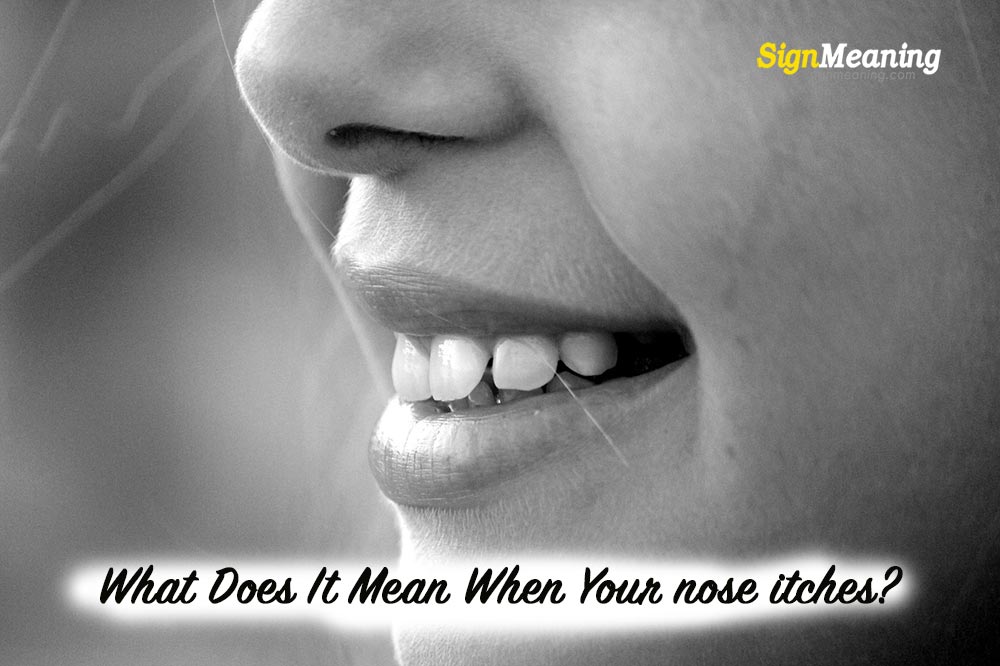
What Does It Mean When Your nose itches? - Sign Meaning

They say if your nose is itching then that means you're going to kiss a fool. I've also heard that this could be a sign… | Superstition, Wives tales, Old wives tale

What does it mean when your nose Itches? | Mostfox

Redness Around Nose: 10 Causes, Treatments, and More
What Can an Itchy Nose Indicate? | New Health Advisor
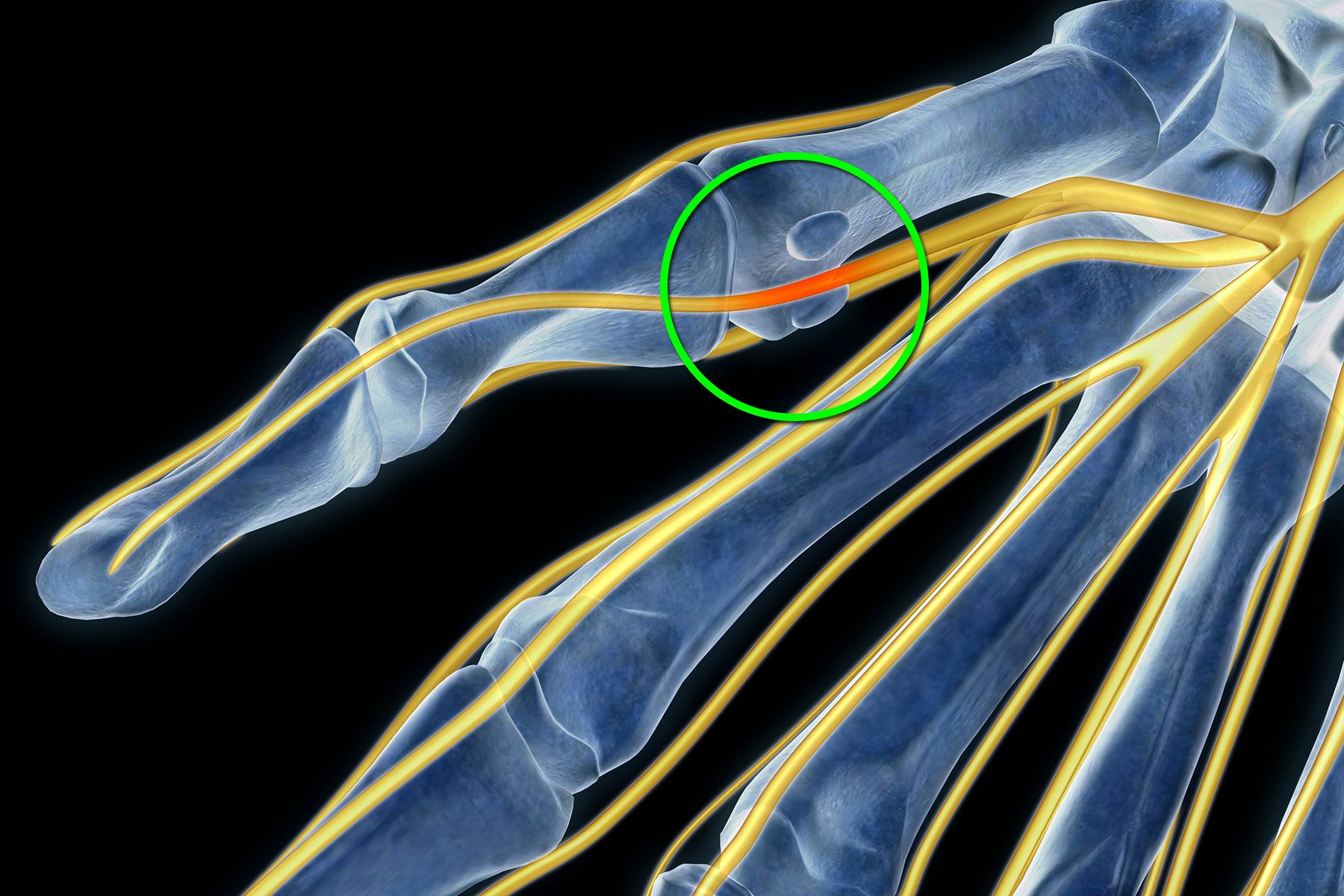
Surprising Reasons You're Itchy
Posting Komentar untuk "what does it mean when your nose itches"